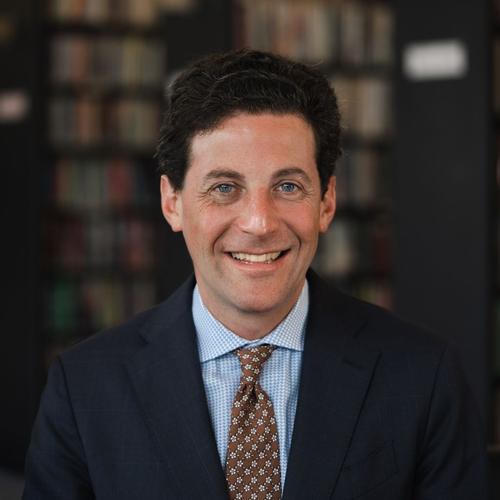 College student-athletes in a wide variety of sports regularly use whey protein, collagen, branched-chain amino acids (BCAAs), and other nutritional supplements to help them meet specific training and performance goals. However, these collegiate athletes often fail to realize that dietary supplements are not well regulated within the United States and can lead to NCAA anti-doping violations.
College student-athletes in a wide variety of sports regularly use whey protein, collagen, branched-chain amino acids (BCAAs), and other nutritional supplements to help them meet specific training and performance goals. However, these collegiate athletes often fail to realize that dietary supplements are not well regulated within the United States and can lead to NCAA anti-doping violations.
Contamination remains a persistent concern and ingesting contaminated supplements can put an athlete in violation of the National Collegiate Athletic Association (NCAA) anti-doping rules. If this happens, our sports lawyers can help answer any questions you may have.
Why Dietary Supplements Can Cause Problems for Student-Athletes
NCAA student-athletes are subject to year-round drug testing. They may be selected for drug testing randomly or based on performance factors such as finishing position, competitive ranking, and/or playing time.
The NCAA’s list of banned substances includes the following general classes:
- Stimulants
- Anabolic agents
- Alcohol and beta-blockers (banned for rifle only)
- Diuretics and other masking agents
- Narcotics
- Cannabinoids
- Peptide hormones, growth factors, related substances, and mimetics
- Hormone and metabolic modulators
- Beta-2 agonists
A collegiate athlete can’t simply read a product label and know if a supplement contains a substance banned by the NCAA. Since dietary supplements are not subject to the same strict standards under U.S. law that apply to the sale of medications, dietary supplement product labels may not list every ingredient. Also, according to our sports lawyers, dietary supplements can become contaminated with banned substances during the manufacturing process. For example, it is common for nutritional supplements marketed for weight loss to be contaminated with NCAA-banned diuretics.
Collegiate athletes should have all products approved by a qualified member of their school’s athletic department before taking them to ensure they don’t take a contaminated supplement. The NCAA subscribes to Drug Free Sport AXIS, which provides a review of ingredients in dietary supplements. Ultimately, however, student-athletes are deemed responsible under the NCAA drug testing program for any product they take.
To mitigate the risk of taking a contaminated supplement, student-athletes can look for supplements with the NSF Certified for Sport logo, which verifies that any product with its designated “Certified for Sport” mark does not contain any of 280 substances banned by major athletic organizations.
Options for Appeal If a Student-Athlete Faces a Ban Related to Supplement Contamination
Collegiate athletes may not directly appeal a suspension resulting from a positive drug test. If there is reason to believe the source of the positive test is a contaminated supplement, the student’s college or university may appeal on their behalf.
When the institution files the appeal, it must provide evidence showing the supplement is the likely source, along with a summary of the institution’s drug-education efforts. The affected student-athlete is ineligible while the appeal remains pending, though an expedited hearing can be held if the student-athlete has an upcoming competition.
Appeal hearings are conducted virtually by way of audio or video conference. Hearings are presided over by at least three members of the NCAA Drug-Test Appeal Subcommittee. The student-athlete and the director of athletics or their designee must participate in the hearing.
All appeal decisions are final, but the institution may move to reopen a case if new evidence becomes available.
Our Sports Lawyers Are Here to Help With Your NCAA Anti-Doping Violations
If a student-athlete has been accused of NCAA anti-doping violations, contact us online or call us directly at +1-207-747-5899 to schedule a initial 1 hour consultation with one of our anti-doping lawyers. Our firm is uniquely qualified to handle your student-athlete eligibility issues, as we have represented athletes from all levels of NCAA competition.
|
RELATED: |














